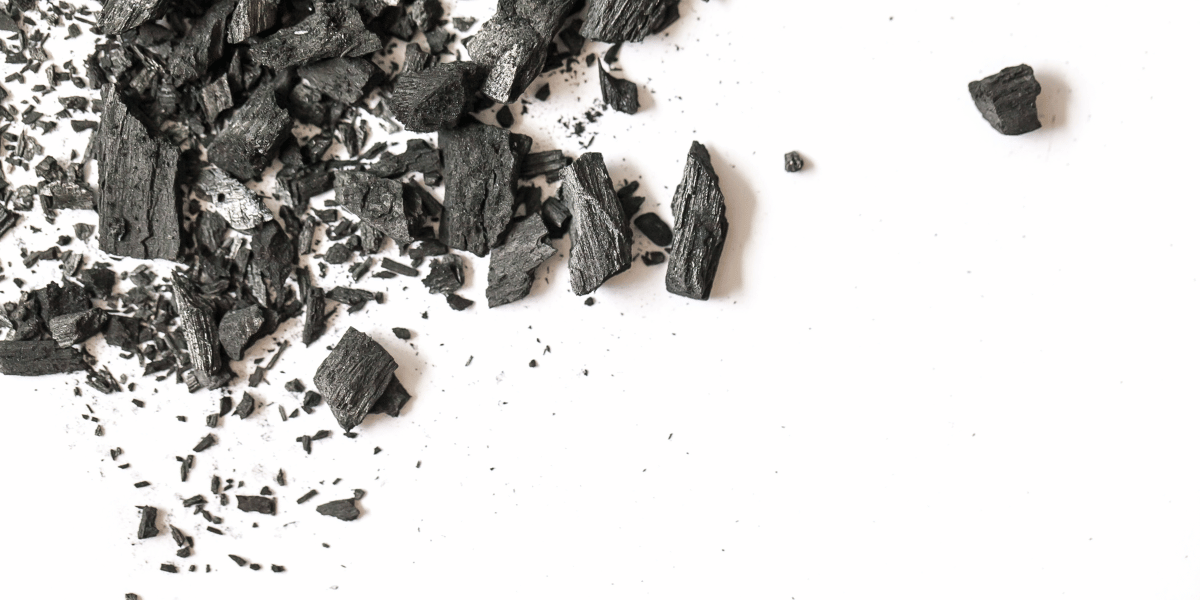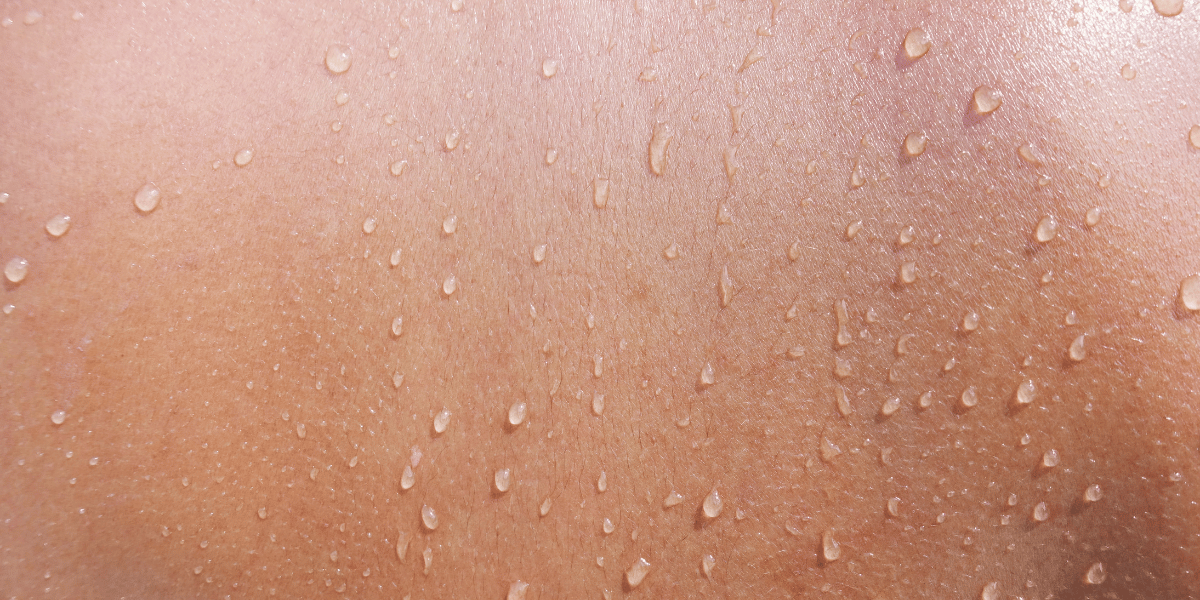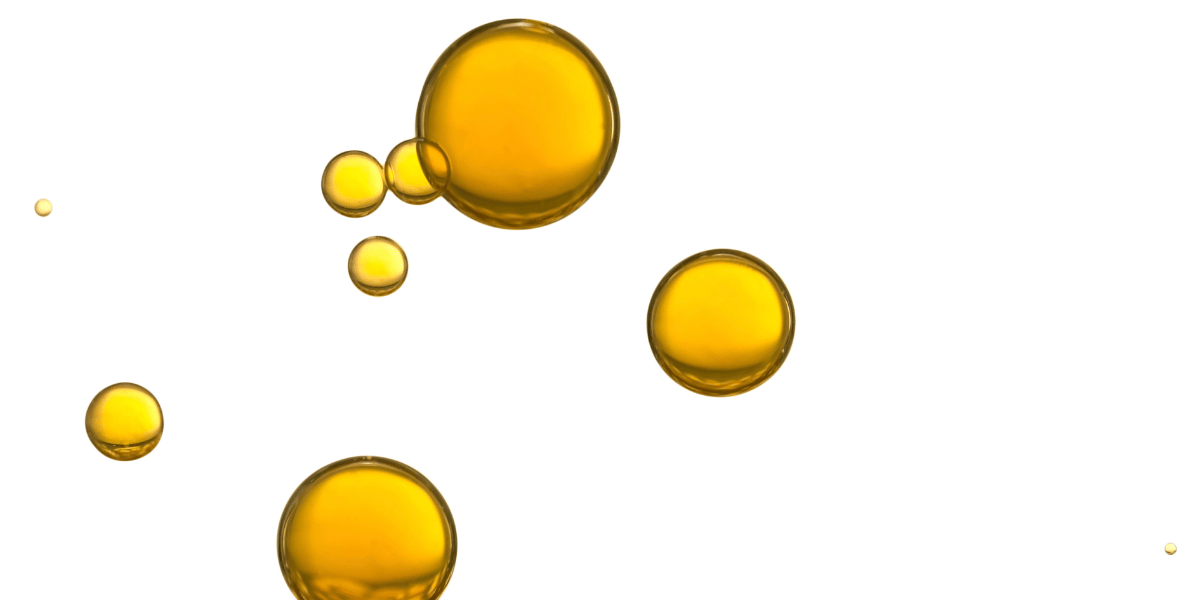4 Strategies for Everyday Detoxification
Detoxification isn't a one-time activity or a bi-annual event but a continuous process that requires consistent support- it’s much more about...
.png?width=70&height=70&name=Stark_LogoMark%20(1).png)

The term "detoxification" has become a ubiquitous yet often misunderstood concept. For some, it connotes images of sipping green juices as part of a trendy cleanse, while for others, it signifies a much more complex and physiological process. In essence, detoxification is the body's innate and continuous process of neutralizing and eliminating toxins to maintain homeostasis. This intricate mechanism involves various pathways and organs, all in harmony to ensure your health. But how exactly does your body purge these harmful substances, and why is understanding detoxification important for your overall well-being?
At its core, detoxification is a vital process that safeguards our cells, tissues, and organs. It's the cornerstone of a healthy physiological state and a critical mechanism for survival in today's world, rife with environmental pollutants, processed foods, and lifestyle stressors. Detox processes occur at multiple levels, from molecular cleansing within cells to waste elimination through the various excretory systems.
The liver, our body's natural detoxification center, is where the magic happens. It filters blood to remove toxins, break down alcohol, and metabolize medications. But detoxification isn't solely the liver's duty; it's a collaborative effort among multiple systems.
The liver's detoxification process comprises two primary phases, each with a distinct role in neutralizing toxins:
During phase I, various enzymes—chiefly the cytochrome P450 family—transform toxins into substances that are more readily tackled in phase II. This can lead to the formation of free radicals, which is why it's crucial to support phase I with antioxidants like glutathione.
Phase II enzymes, which include glutathione-S-transferase, sulfotransferases, and glucuronosyltransferases, combine these "activated" toxins, rendering them less harmful and more water-soluble. After being connecting, these compounds are excreted through bile, urine, or sweat.
This dual-phase approach ensures that toxins are not only neutralized but also effectively removed from the body, preventing their reabsorption into the bloodstream.
While the liver is remarkable, it's important to remember that other organs also contribute to detoxification. The kidneys help filter blood and eliminate waste through urine, the skin releases toxins via sweat, and the digestive system expels them through feces.
Moreover, the endocrine system, responsible for hormone regulation, also influences detoxification processes. Hormones can bind with toxins, affecting their solubility and the body's ability to excrete them. This interconnectedness underscores the holistic nature of detoxification, involving every facet of our physiology.
The health of individual cells depends on their environment, or "intracellular milieu". When toxins are present, they can disrupt cellular function, leading to oxidative stress and premature aging.
Disruptions to the intracellular milieu can involve changes in the pH, ion concentrations, and molecular content. These alterations can be triggered by both internal and external stressors, impacting the cell's vitality and functioning.
Cells are under constant threat from reactive oxygen species (ROS), byproducts of metabolic processes that, in excess, can cause cell damage. Detoxification, through the action of antioxidants, combats the harmful effects of ROS, maintaining the delicate balance required for optimal cellular function.
The concept of detoxification transcends fad diets and juice cleanses; it's a fundamental process vital to our health. By understanding the principles of detoxification and embracing a lifestyle that supports it, we can optimize our body's natural defense mechanisms and promote long-term health and vitality.
Our bodies are resilient, sophisticated systems capable of coping with a host of challenges. By giving them the tools they need through informed choices, we invite wellness from the inside out. Let's celebrate the beauty of our bodies' natural detoxification capabilities and build habits that sustain their health and functionality.

Detoxification isn't a one-time activity or a bi-annual event but a continuous process that requires consistent support- it’s much more about...

1 min read
Have you ever heard the advice not to swim on a full stomach? Well, it turns out that there's some truth to this age-old wisdom. Eating a large meal...

In recent years, seed oils have become increasingly popular in kitchens due to their low cost and versatility. But did you know that too much...